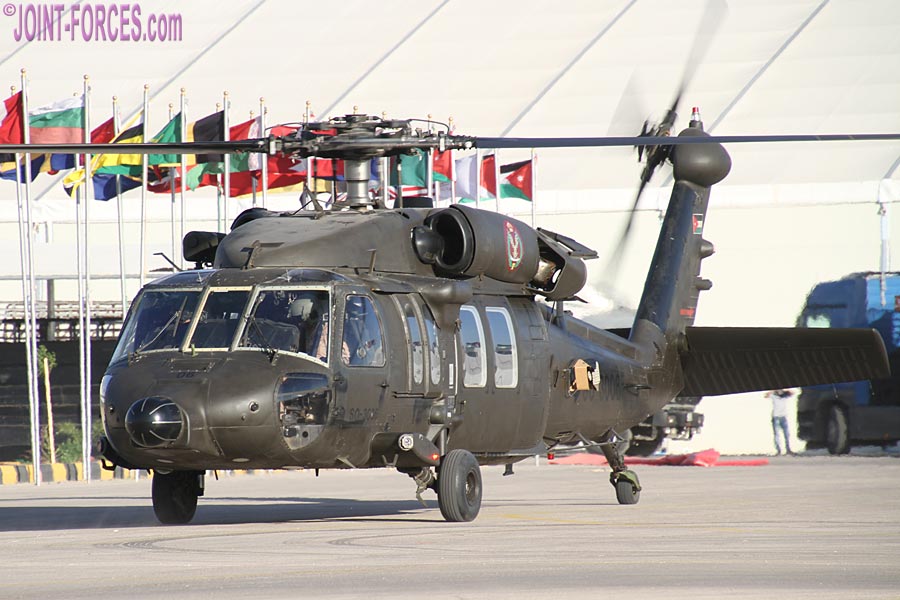UH 60 Black Hawk: From Principle to Modern Applications
UH 60 Black Hawk: From Principle to Modern Applications
Blog Article
The Influence of Lasting Practices on the Future of Airplane Operations and Emissions Reduction
As the aeronautics sector encounters boosting examination over its environmental impact, the fostering of sustainable methods becomes an important pathway toward future airplane operations and discharges decrease. Advancements in lasting aviation fuels and advancements in hybrid propulsion modern technologies stand at the leading edge of this transformation, appealing significant reductions in greenhouse gas emissions. The successful assimilation of these initiatives hinges on a variety of aspects, including regulatory structures and market collaboration. The inquiry remains: how will these developing techniques improve the characteristics of flight and add to an extra lasting future?

Review of Lasting Practices
Lasting practices in aircraft operations encompass a variety of techniques targeted at lowering ecological effect while maintaining functional effectiveness. These practices are crucial in the aviation market's commitment to decreasing its carbon impact and sticking to worldwide environmental requirements. Trick efforts include maximizing trip paths to reduce fuel consumption, enhancing maintenance methods to make certain airplane run at peak efficiency, and applying innovative technologies such as winglets and light-weight materials that enhance the rules of aerodynamics.

Engaging and training staff on sustainability methods also play a crucial function, fostering a society of ecological duty within organizations. Generally, the assimilation of these lasting techniques not just helps in reducing exhausts but likewise enhances the long-lasting practicality of the aviation market, guaranteeing it satisfies the needs of both clients and regulative bodies while adding to global sustainability objectives.
Ingenious Fuel Alternatives
Many cutting-edge fuel alternatives are becoming pivotal remedies to decrease the air travel sector's reliance on typical nonrenewable fuel sources. Amongst these choices, Sustainable Aviation Fuels (SAFs) have obtained considerable interest because of their possible to decrease lifecycle greenhouse gas discharges by as much as 80% compared to traditional jet gas. SAFs are stemmed from various feedstocks, consisting of waste oils, farming deposits, and even algae, making them a flexible choice for the industry.
One more promising alternative is hydrogen fuel, which, when utilized in fuel cells, creates only water vapor as a by-product. This zero-emission possible presents a considerable opportunity for decarbonizing flight procedures, specifically for short-haul trips and regional aircraft. In addition, electric propulsion systems are being explored, leveraging battery innovation to power airplane. While existing battery capacity restrictions variety and payload, ongoing improvements may soon provide electrical flights viable for details applications - uh 60.
Last but not least, biofuels originated from biomass are being checked out, supplying a renewable alternative that can be blended with typical gas. Jointly, these cutting-edge gas choices stand for an important step toward accomplishing a lasting air travel community, straightening with international exhausts decrease targets and improving the sector's environmental stewardship.
Technical Innovations in Aviation

How can technological improvements improve the future of aviation? Developments such as hybrid and electrical propulsion systems original site are at the center, promising significant reductions in fuel usage and greenhouse gas exhausts.
Additionally, the implementation of sophisticated materials, such as light-weight composites, adds to enhanced aerodynamics and gas efficiency. Using man-made knowledge and maker understanding in trip operations maximizes path preparation and lowers gas burn by making it possible for real-time modifications based upon weather condition and web traffic problems. Furthermore, the development of self-governing and remotely piloted airplane systems stands to reinvent cargo and passenger transportation, potentially increasing effectiveness while decreasing human mistake.
Furthermore, lasting air travel technologies, consisting of sophisticated air web traffic management systems, can minimize and enhance operations congestion, resulting in reduced emissions during flight. These improvements collectively represent a standard change in aeronautics, assuring a future where sustainability and functional efficiency are intertwined, consequently supporting the market's commitment to decreasing its environmental effect.

Governing Structure and Compliance
Due to the expanding focus on ecological stewardship within the aviation market, the governing framework governing aircraft procedures is developing to advertise lasting methods. Regulatory bodies, such as the International Civil Aeronautics Organization (ICAO) and numerous national aeronautics authorities, are presenting stringent standards focused on reducing discharges and improving operational efficiency.
These regulations often consist of the adoption of Sustainable Aviation Gas (SAF), which has actually been acknowledged as a vital element in attaining reduced carbon footprints. Furthermore, compliance with these try this web-site regulations needs airlines to apply functional techniques and advanced modern technologies, such as optimized flight courses and improved air web traffic monitoring, to minimize fuel intake.
Additionally, the enforcement of exhausts trading plans and carbon countering initiatives is ending up being increasingly widespread, engaging airline companies to keep an eye on and report their exhausts precisely. Non-compliance can result in considerable charges, thus pressing drivers to focus on sustainability in their organization models.
Inevitably, the developing governing landscape not only drives technology and financial investment in environment-friendly technologies but also promotes a culture of responsibility within the air travel industry. As these frameworks continue to create, the concentrate on lasting practices will be indispensable to accomplishing the industry's long-term environmental goals.
Future Fads in Airplane Procedures
As the aviation market adapts to an increasingly rigid regulative setting, future patterns in aircraft operations are established to concentrate on innovative remedies that further improve sustainability and performance - uh 60. Secret developments will likely include the adoption of advanced air web traffic administration systems, which make use of real-time data and synthetic intelligence to maximize flight paths, lowering gas consumption and discharges
Another substantial pattern is the boosted assimilation of lasting aviation fuels (SAFs) These choices to conventional jet fuel, acquired from sustainable resources, can dramatically reduce lifecycle greenhouse gas emissions. The market's commitment to SAFs will likely speed up as airlines team up with fuel manufacturers to make sure availability and cost-effectiveness.
In addition, the push towards electrification and hybrid propulsion systems is gaining momentum. Arising aircraft designs will certainly include these modern technologies, offering quieter and much more reliable operations, especially for short-haul trips.
Verdict
The fostering of lasting aviation gas, coupled with developments in hybrid and electrical propulsion systems, is crucial for minimizing lifecycle greenhouse gas discharges. Maximizing flight paths and welcoming ingenious technologies add to a quieter and extra environmentally friendly aviation industry.
Developments in lasting aeronautics fuels and developments in crossbreed propulsion technologies stand at the forefront of this makeover, encouraging considerable reductions in greenhouse gas emissions.Countless innovative fuel options are arising as essential services to decrease the aviation sector's look at these guys reliance on traditional fossil gas - uh 60. Amongst these alternatives, Lasting Air travel Gas (SAFs) have actually gained substantial interest due to their prospective to reduce lifecycle greenhouse gas exhausts by up to 80% compared to traditional jet fuels.One more significant fad is the enhanced integration of lasting air travel gas (SAFs) The fostering of lasting aviation gas, paired with developments in hybrid and electric propulsion systems, is important for decreasing lifecycle greenhouse gas emissions
Report this page